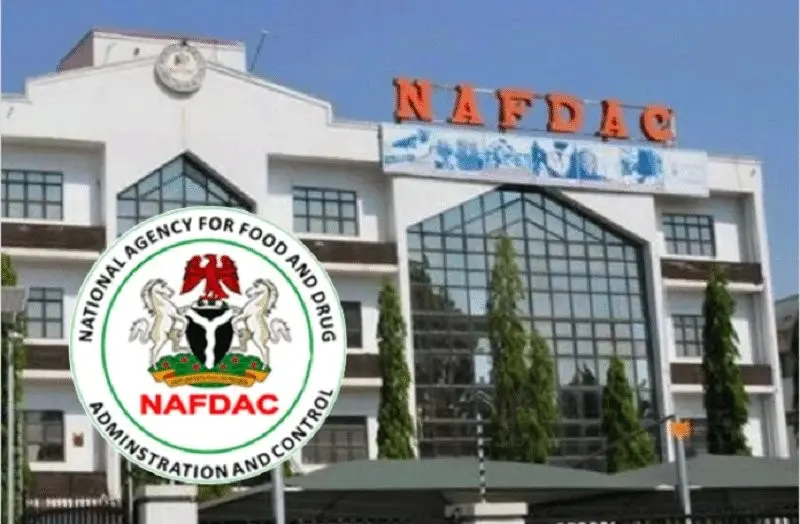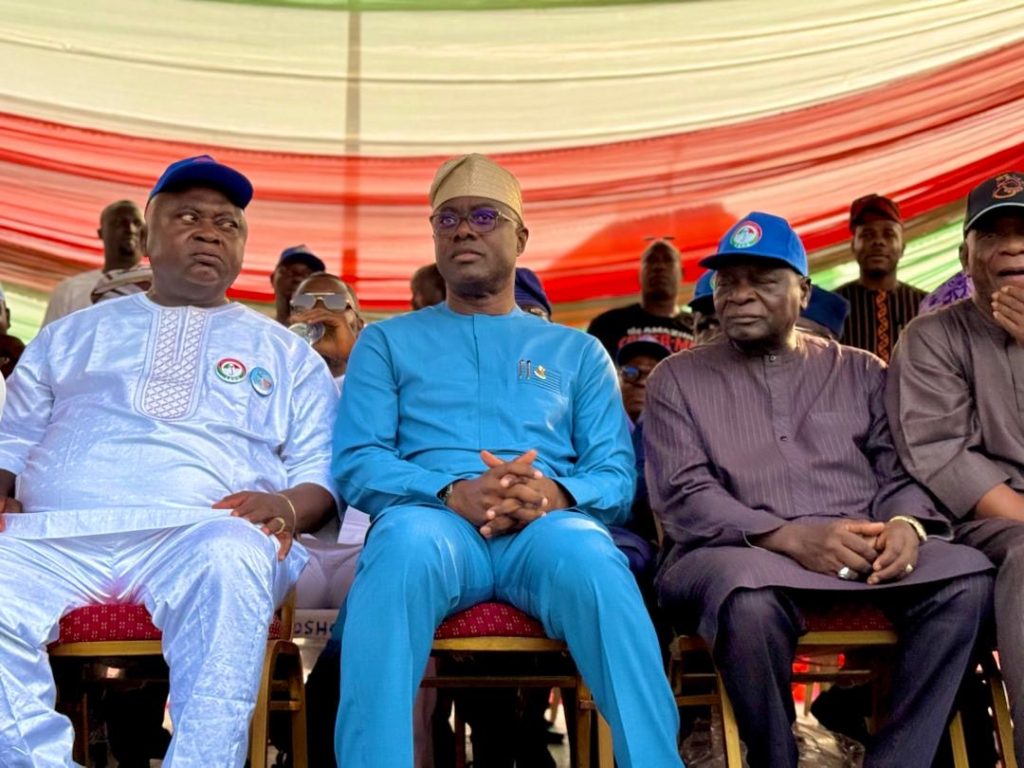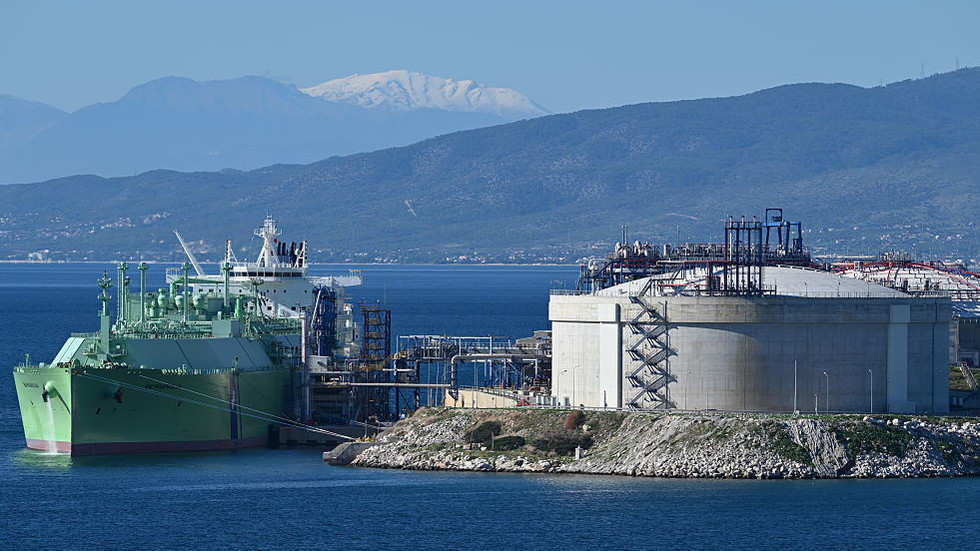A $3 billion federal railway project set to transform transportation and commerce in southeast Nigeria has been hailed by regional leaders as a historic investment in the region’s infrastructure. Dr. Ijeomah Arodiogbu, National Vice Chairman of the ruling All Progressives Congress (APC) for the Southeast zone, confirmed the approval of the initiative during a media briefing in Owerri, describing it as the largest federal infrastructure project ever proposed for the region.
Spanning over 1,400 kilometers, the rail network will connect Port Harcourt to Maiduguri, passing through major cities including Aba, Enugu, Makurdi, Jos, Bauchi, and Gombe. Arodiogbu emphasized its potential to boost trade, employment, and regional integration, projecting the creation of 200,000 direct and indirect jobs during construction. He further estimated that enhanced connectivity could unlock up to ₦50 billion ($43 million) in annual commerce by linking economic hubs across the southeast and northern Nigeria.
“This project will revitalize transportation and serve as a catalyst for socioeconomic transformation,” he told journalists, noting the rail’s role in improving logistics for businesses and fostering cultural exchange. The development marks a significant federal investment in the southeast, a region historically perceived as underserved in national infrastructure planning.
Arodiogbu credited President Bola Tinubu for prioritizing the initiative, stating it “gives the southeast a renewed sense of inclusion in Nigeria’s development agenda.” He also acknowledged Imo State Governor Hope Uzodinma’s advocacy in securing the project, which aligns with broader federal efforts to modernize national rail infrastructure.
While details on timelines and contractors remain undisclosed, the proposal signals optimism for addressing longstanding transportation gaps. Analysts highlight the corridor’s strategic importance, connecting key agricultural and industrial zones to port cities, though challenges like funding transparency and community land rights may arise during implementation. The project’s scale reflects growing emphasis on rail as a driver of intra-African trade and regional economic resilience.



